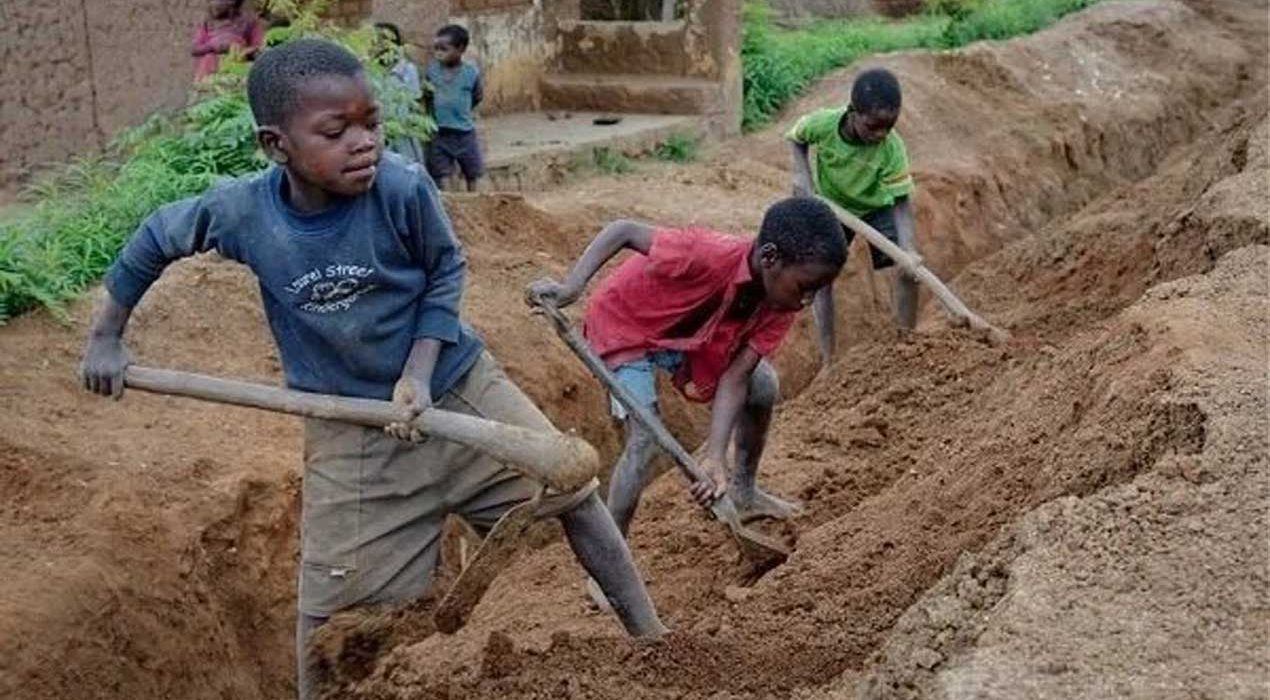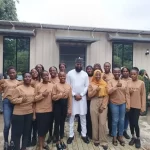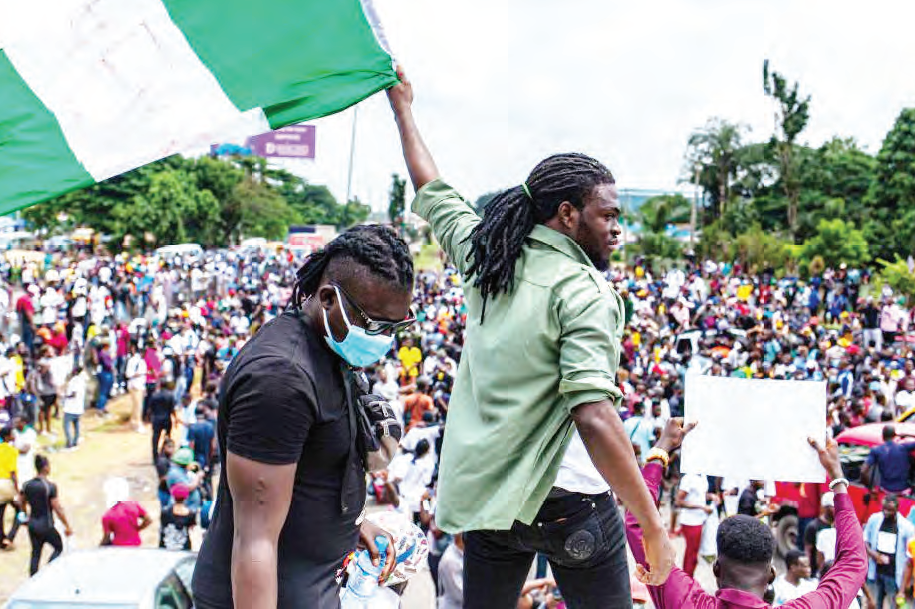In Nigeria’s ongoing struggle against child labor, one figure stands out in the fight for children’s rights: Nkeiruka Onyejeocha, the Minister of State for Labour and Employment. Known for her tenacity and dedication, Onyejeocha has made it her mission to press for significant legislative reforms aimed at eradicating child labor, an issue that affects millions across the nation.
Her campaign revolves around amending the Labour Standard Bill, which aims to safeguard children by establishing a minimum age of 15 for any kind of work or employment. This bill holds significant importance as it is widely recommended by the International Labor Organization (ILO) and is considered crucial in addressing child labor issues prevalent in Nigeria.
In this regard, Onyejeocha has assumed the responsibility of ensuring swift progress in the review process. She emphasized that child labor will be addressed through a clear legal framework under the Labour Standard Bill to protect children and prevent them from being exposed to hazardous work environments. The legislation’s establishment of a minimum working age enables vulnerable children to obtain an education opportunity that will lead to positive contributions to society.
Onyejeocha’s advocacy efforts align closely with Nigeria’s commitment to international standards, as evidenced by the ratification of ILO’s Convention 138 on the minimum age for work and Convention 182 on the worst forms of child labor. These ratifications signify a serious intent to combat child labor and protect the rights of the nation’s youth.
However, Onyejeocha cautions that depriving children of education can sustain cycles of poverty that affect families for many generations. She fervently states, “It poses a worldwide threat capable of impeding the growth and progress of young minds while leading to long-lasting physical and emotional trauma.” Disturbing statistics illustrate the prevalence of child labor in Nigeria as 24 million minors endure different types of exploitation – approximately 14 million are forced into grueling work with hazardous conditions such as trafficking or commercial sexual abuse being among them.
The high prevalence of child laborers in the agriculture sector, which makes up roughly 70% worldwide, poses a grave concern. This underscores the pressing need for action and exposes the intricate social-economic challenges woven into Nigeria’s fabric. Onyejeocha is fully cognizant of these multifarious issues that mandate delicate diagnosis-specific solutions tailored to each scenario.
Rampant poverty levels coupled with cultural beliefs, scant learning opportunities, and insufficient social safeguards all combinedly feed into this entrenched challenge known as the child labor problem.”
Unfortunately, misconceptions regarding the effects of child labor often hinder progress in addressing this dire situation. The ILO Country Office Director Vanessa Phala echoes these sentiments, underscoring the importance of collaborative efforts to ensure every child receives an education. “Nearly 28% of children aged 5 to 11 years and 35% of those aged 12 to 14 years involved in child labor are out of school,” she stated, reinforcing the pressing need for comprehensive interventions that bring children back into the classroom.
In her pursuit of reform, Onyejeocha calls upon all segments of society—individuals, community leaders, and organizations—to unite against the scourge of child labor. She emphasizes that protecting children’s rights must be seen as a collective responsibility, that encompasses initiatives prioritizing education and creating a supportive environment for families.
She envisions a hopeful future where children are protected from exploitation, educational opportunities thrive and every child can dream of a better tomorrow. With her leadership skills and advocacy efforts, she represents an influential paradigm shift towards reinforcing empowerment and hope among Nigerian youth by challenging the negative narrative surrounding child labor.






